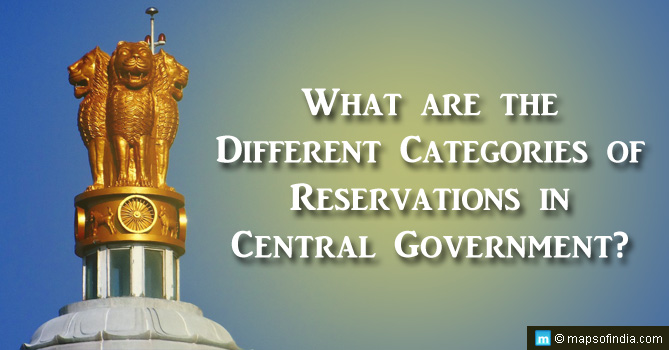The concepts of “Atithi Devo Bhava” and “Atithi Satkaar” are deeply ingrained in Hindu philosophy and have been viewed as important values that we all Indians must understand and imbibe.
“Atithi Devo Bhava” means that the guest is a manifestation of God, and “Atithi Satkaar” translates as welcoming and caring for the guest. Both phrases highlight the importance of a guest in our lives and point to caring for the guest in a similar way we would treat God, if God were to come to our home.
No other country or philosophy places such importance and value to a ‘guest’ and therefore, as Indians, we must cherish our wonderful tradition, in belief and in practice.
The business of travel and tourism revolves around taking care of the guest in a manner that will make them feel welcomed, appreciated and valued. So much so that they think of returning soon. To understand the intricacy of the relationship between a guest and a host, it is imperative that one educates himself in hospitality ethics, a discipline that one can master by way of pursuing hospitality management.
What is worrisome, though, is that people have started using the terms ‘Hospitality Management’ and ‘Hotel Management’ interchangeably, even though these two mean different. Although branches of the same discipline of study, Hotel Management is restricted to managing the operations of a lodging-related establishment, while Hospitality is a broader term that encompasses industries such as hotel and conference management, sales, business development, events, etc.
Let us now try to understand more clearly the difference between ‘Hotel’ and ‘Hospitality’ management.
Hotel Management
Hotel Management, as the term suggests, is focused on managing all aspects related to the functioning of a hotel. From the time a guest arrives at a hotel to the time he checks out, the responsibility of all activities during the guest’s stay in the hotel forms part of Hotel Management.
This includes the following:
Front Desk and Reception: When the guest arrives at a hotel it is the ‘Front Desk’ or ‘Reception’ that welcomes him and begins the process to complete the registration formalities. The guest is then escorted to the designated guest room by a lobby attendant, also known as the ‘Bell Boy’ in some hotels.
Concierge: This is the desk near the entrance, inside the hotel lobby, that is responsible for unloading, storing and delivering the guest baggage to the designated room. During check out, it’s the ‘Concierge Desk’ that has the baggage collected from the room and loaded on the guest’s vehicle.
Housekeeping: The maintenance of all guest rooms, common areas, service areas and lobbies, is the responsibility of ‘Housekeeping’ department.
Room Service: Delivering meals to guests in the rooms and collecting back the dishes after the meal, is the responsibility of ‘Room Service’ department.
Food and Beverage (F&B): Management and maintenance of all dining areas including the kitchen space, and serving guests in the dining areas, is the responsibility of the ‘F&B’ department.
Guest Services: Managing these services involves managing services of office including accessing computer, printer, scanner, etc.; conference facilities; banquet spaces for holding meetings and functions, all fall under the purview of ‘Guest Services’.
Travel Desk: Pick up and drop from airport, railway or any other location, ticketing, excursion planning and coordination of guests is the responsibility of the ‘Travel Desk’.
Health and Spa: Managing, maintaining and serving guests in the salon, spa, gym, swimming pool, etc., is the responsibility of the ‘Health and Spa’ department.
As you can see, each activity mentioned above is a specialised service that requires intense training and experience to ensure that the guest receives the best and warmest experience during his stay at the hotel.
The training for the above services forms part of hotel management. This could be a 3 or a 4-year degree course. One can also pursue a diploma in the field.
Students of hotel management will find employment opportunities in all Star-rated hotels, resorts, guest houses, airlines, food courts, restaurants (all categories), etc.
Hospitality Management
The term ‘Hospitality’ means taking care of the guest or visitor. Hospitality is not restricted to the hotel alone, but could be anywhere. After all, any guest or visitor to an office, club, restaurant, institution, etc., requires to be attended to, and if there is a trained professional from the hospitality industry to receive them, then the guest or visitor is assured of a pleasant experience. The ‘Travel and Tourism’ industry looks to hire professionals from hospitality, of which hotel management is a significant branch.
Students of hospitality management can have a wider choice of employment options than a hotel management student. In fact, many MNCs and some of the larger IT companies employ hospitality management professionals to coordinate guest arrivals, meetings, dining and departure, while at their premises.
More Career Opportunities to Open Up
The business of travel and tourism in India is set to grow exponentially and a qualified professional in either hotel or hospitality management can expect a wider choice of employment opportunities in the coming years.
Read More..
Top Hotel management Colleges in India
Job Oriented Courses After Graduation
Top Engineering Colleges in India





